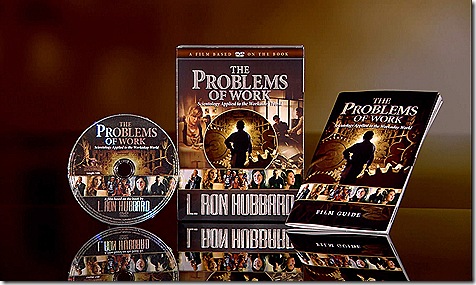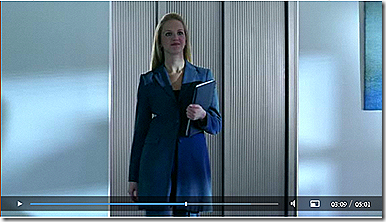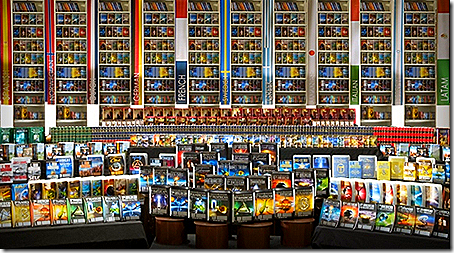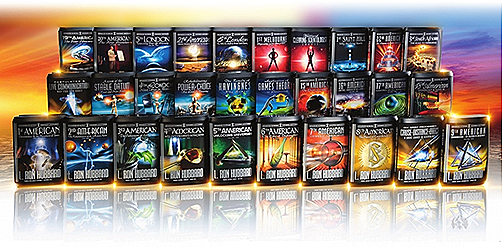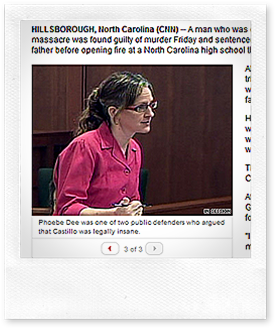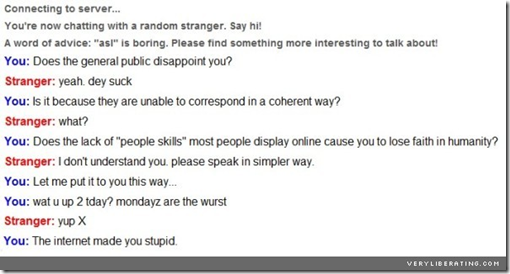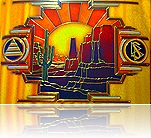I’ve expounded on it before, but I’ve long felt that Science of Survival is one of the most important books anyone can study, provided they are interested in SURVIVAL.
I’ve read the book several times, and have listened to the accompanying Science of Survival lectures a few more times, and always find them applicable. However, recently, through all of the work Mr. David Miscavige and Golden Era Productions have been doing to restore previously-inaudible lectures by L. Ron Hubbard, three more lectures were recently unearthed which were a part of the Wichita, Kansas First Annual Conference of Dianetic Auditors which provided the first spoken description of the contents of Science of Survival and the Chart of Human Evaluation.
From that lecture series:
“If you find out where he is on the Tone Scale, you can tell how much responsibility he’s going to manifest, how much persistence he’s going to manifest. You can tell how he’s going to treat children. You can tell how he’s going to talk to you, how he’s going to listen to you. You can tell what he’ll do with a message that you give him to give to somebody else. You can also tell just rather automatically the physiological condition this person is going to be in.” —L. Ron Hubbard
I’m now in the midst of listening to these newly-released lectures, and am currently listening to LRH’s first description of the 8 Dynamics – something that has intense applicability to anyone in life, trying to figure out how life works and why people act strangely. He speaks of why people have embraced (or enforced) communism, psychoanalysis, marxism, and a host of other practices that have come & gone. Fascinating so far!

